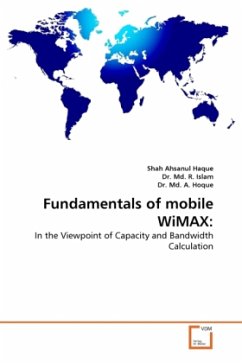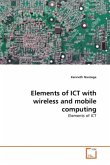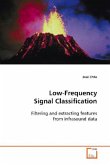In these days, WiMAX (Worldwide Interoperability for Microwave Access) is an eminent technology that provides broadband and IP connectivity on last mile scenario. It offers both line of sight and non line of sight wireless communication. OFDMA uses the concept of cyclic prefix that adds additional bits at transmitter end. The receiver removes these additional bits in order to minimize the inter symbol interference (ISI), to improve the bit error rate and to reduce the power spectrum. All of these technologies based on cellular networks are comprised of cells. Number of available channels in a cell is limited and due to this limitation if traffic in the cell is high users may face call terminations and may be blocked by the cell completely. Due to lack of high data rates GSM is not able to support wireless broadband users. WiMAX has support for wireless broadband users, both fixed and mobile. At present, WiMAX is emerging fast and operators are implementing for commercial use. An algorithm for analyzing different system parameters and traffic cases to ease the Mobile WiMAX planning problem is given and simulated.
Bitte wählen Sie Ihr Anliegen aus.
Rechnungen
Retourenschein anfordern
Bestellstatus
Storno








